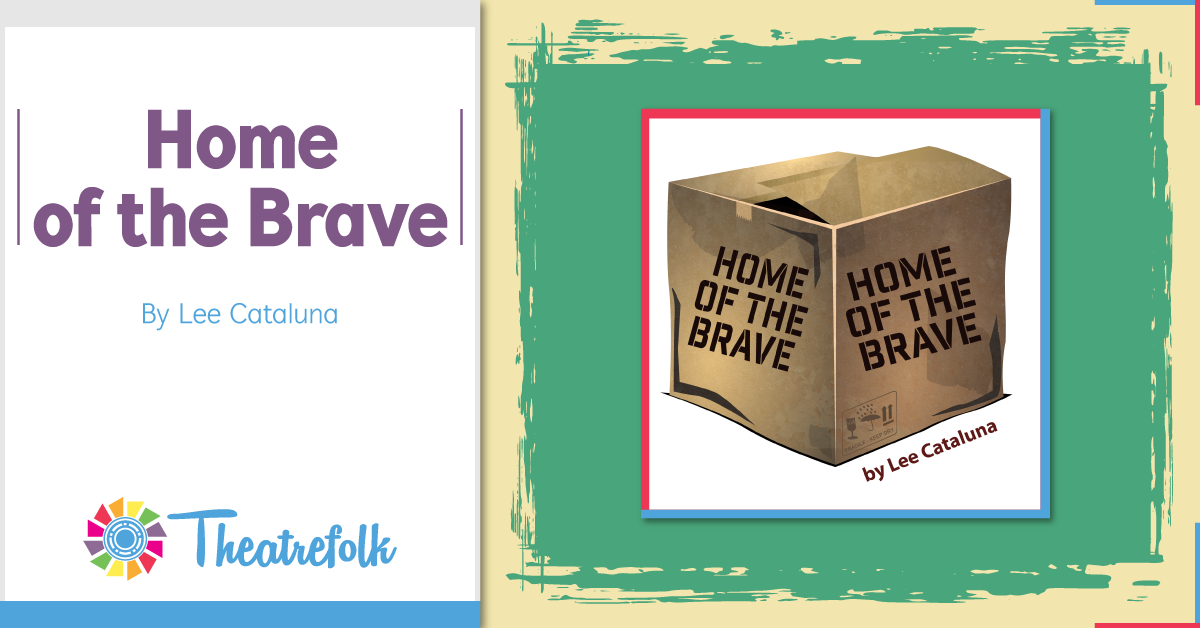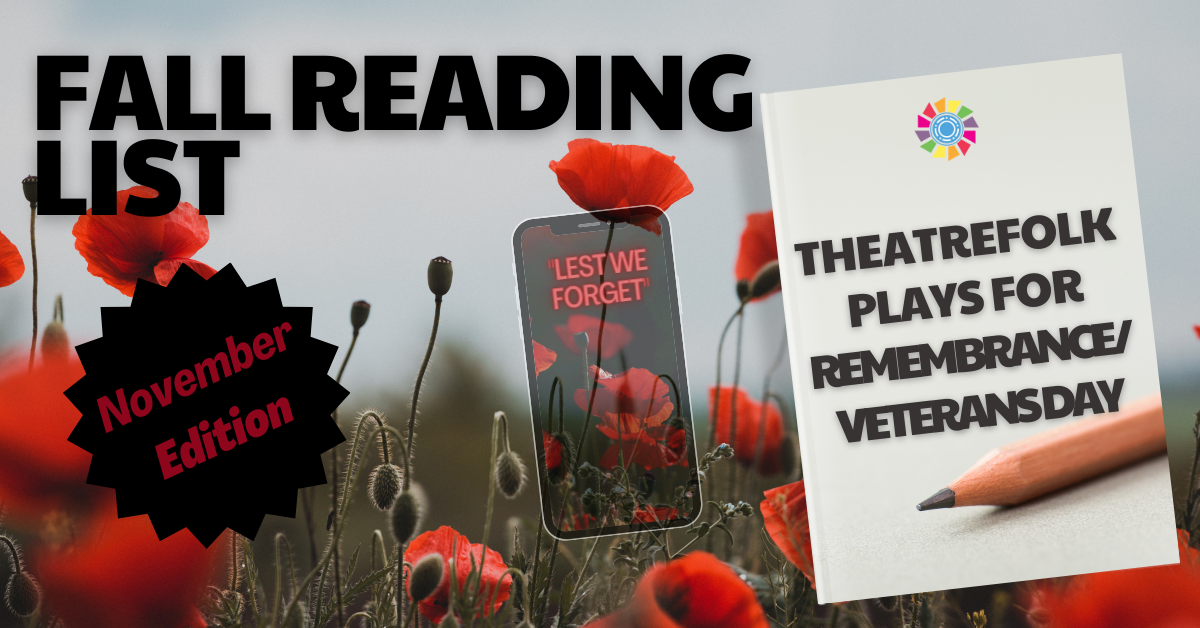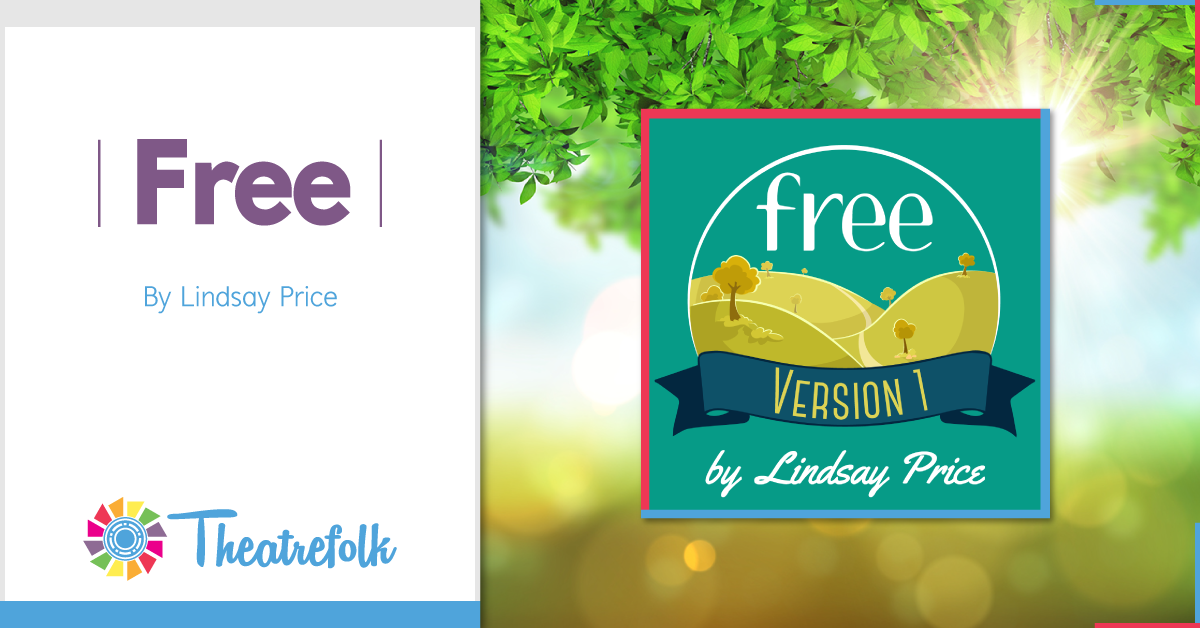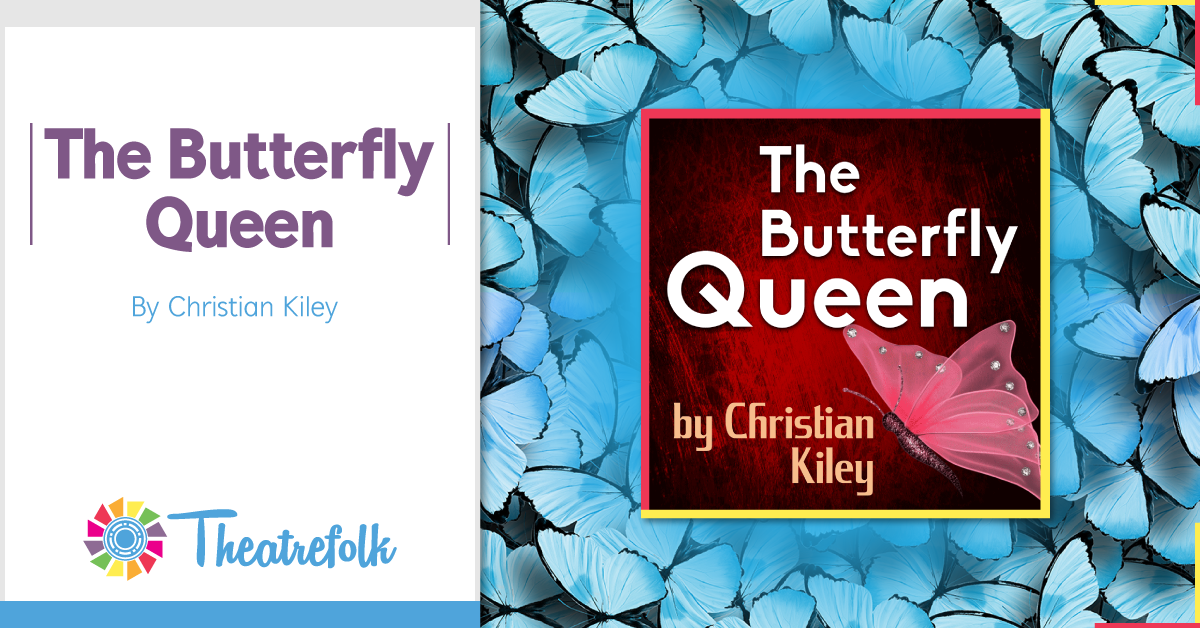Theatrefolk Featured Play – Home of the Brave by Lee Cataluna
Welcome to our Featured Play Spotlight. Home of the Brave by Lee Cataluna is an excellent character-driven piece filled with incredible monologues and universal themes.
The military has its own language, with many short ways of saying long things. PCS means Permanent Change of Station, or “to move.”
The young teens in Home of the Brave PCS a lot. How do the children of military families deal with the constant moving, worrying about deployed parents, best friends who PCS overseas, and never knowing how long they’ll be in a particular school? Sometimes, you have to make a home wherever you end up.
Inspired by interviews with hundreds of military dependents and their families, teachers, principals, counselors as well as active duty and veterans from all branches of the service.
Why did we publish this play?
Home of the Brave is a play that transforms its environment. While the play is about children in military families, it’s also a play about family, friendship, the importance of place, belonging, and dealing with change. These are universal themes. Also, it has some of the best monologues for middle school students I’ve ever read!
Let’s hear from the author!
1. Why did you write this play?
I was commissioned by La Jolla Playhouse and Honolulu Theatre for Youth to write this play. I’m a journalist, and the theaters wanted someone who could go into schools and communities, interview people, and turn that information into a play. The idea was for the play to come from real stories and authentic feelings. My family also moved around often when I was a kid, so I had that experience of constantly being the “new kid” that many of the people I interviewed talked about.
2. Describe the theme in one or two sentences.
Home is where your heart lives, not just where you happen to be. Bravery comes in many different forms.
3. What’s the most important visual for you in this play?
The moving boxes and Jada’s father’s uniform are powerful visuals, but for me, the most important visual is the faces of the characters. America’s military is diverse. Each character can be played by any child, and I think that’s beautiful to see.
4. If you could give one piece of advice for those producing the play, what would it be?
I think this play is one of those stories that begets other stories. It has happened in past performances that the theater doesn’t empty out quickly after the show because people in the audience want to stay and talk about THEIR experiences in the military or in a military family. I would suggest making space for this sharing because you might hear stories that are absolutely amazing.
5. Why is this play great for student performers?
The play was generated through interviews with hundreds of students. The words and stories, experiences and feelings, came from them. It has been performed by adult professional actors, but I’ve always felt these were stories that belonged to students.
6. Do you have any advice for people looking to perform this play online or socially distanced?
My experience with online theater and socially distanced performances is that the words become even more important. I would say to really think of the words the characters are saying. These are real words from real kids. Why did they choose that word instead of some other word? I think those kinds of explorations and decisions will make the performance seem much closer to the audience.



